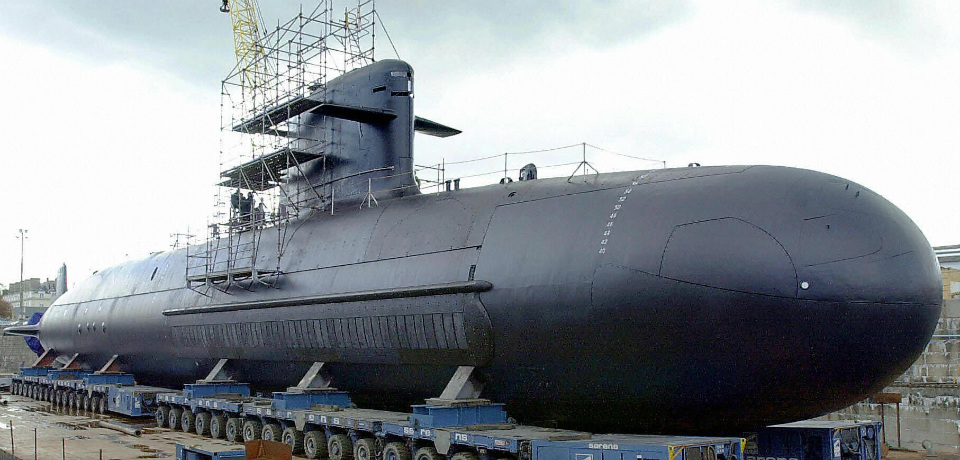
If we're going to be talking about space wars, there are many different options for military action. There are many strategies, doctrines and theories to choose from. We can also discuss post-conflict responses. Space military action can be very complex and may even differ from what we imagine. This article explores some possible outcomes.
Theories
Future space wars could be a possibility. As such, space power theories are important to understand the political underpinnings of space warfare. These theories can be used to improve command judgment and strategic thinking. They should be developed separately from airpower theories. These theories serve to inform the public of the implications of space-based operation.
Space warfare theories must be based on an understanding of space and its forces. They must also decide the best tactics to use in space combat. This includes "blockade" or denial to enemy space capabilities, interception of ballistic rockets, and blocking of enemy launch facility facilities. The theory should be robust enough that it can adapt to new technologies or adversaries in the space.
Doctrine
Soviet doctrine clouded the debate on military power in space. The Soviets were able to use their own doctrine in outerspace, and the United States was determined to defend its nuclear strategic threat from an attack of the Soviet Union. To meet the threat, the United States created offensive space weapons. This prompted a debate about space control in Congress.
The U.S. Space Force has released a new guiding document, "Spacepower." This doctrine describes the vision of the military for its space operations and is based off Joint Publication 3-14. It was released only weeks after the Pentagon published its Defense Space Strategy. The doctrine outlines the Space Force's central role in space operations, and describes its mission as "defending the space domain."
Strategies
Space wars are different from conflict on Earth. These require the use high-tech technology systems. Space weapons are highly risky and could result in the collapse of U.S. space policy. The United States and the entire world would be devastated if they lose a space battle. For this reason, military leaders are developing space warfare military strategy to stop such a tragic outcome.
There are many space warfighting theories. These methods incorporate all aspects relevant to a nation's operation and interests in a medium. Space warfare is an extension of this strategy and can be based on military, technological and airpower theories.
Post-conflict reactions
Space weapons have been developed by the United States and China in recent years. Although they are not kinetic, they can still cause injury. Russia has coorbital weapon systems, while China has direct-ascent weapons. These weapons can be launched into orbit and directed toward their target. They also have nonkinetic space weapons like lasers and jamming equipment that can interrupt satellite communications. These aren't ideal weapons for combat but can be used as an alternative to satellite communications.
But, in the long-term, space forces need to be protected from adversaries that are developing their space weapons capabilities. Although Russia's fleet of satellites poses a modest challenge today, China's counterspace arsenal will be far more dangerous. Commercial space must therefore be protected. If not, future conflicts will be blindly fought.